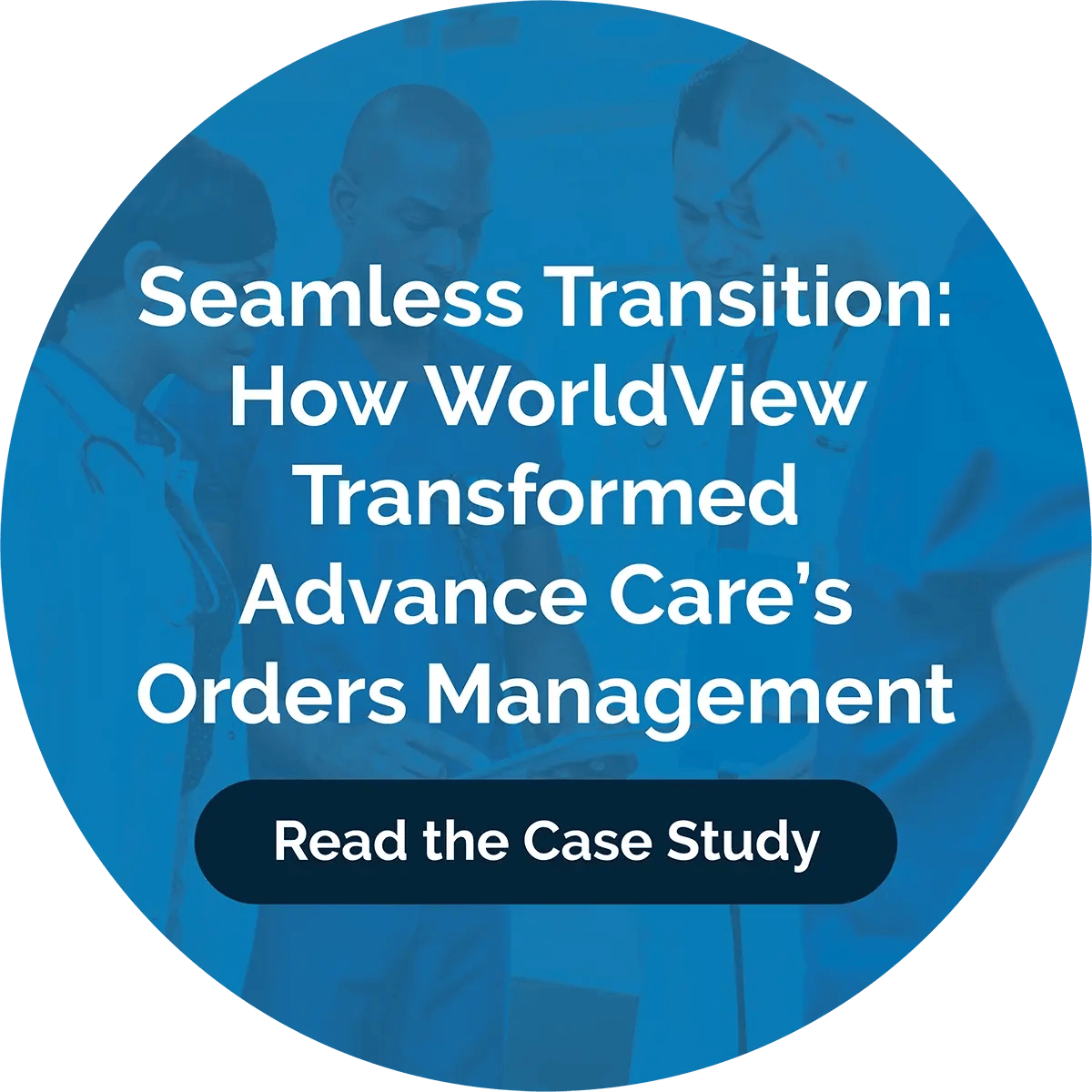Improving Vendor Management with ERP

Effectively managing supply chains is an indispensable part of wholesale and distribution — one misstep and you could fail to meet your customers’ demands. Vendor management helps you stay on top of each step in your supply chain so you can fulfill orders on time and maintain your reputation as a trusted business.
Enterprise resource planning (EPR) improves your supply chain visibility to help you effectively manage your vendors and keep your operations flowing smoothly.
Understanding Vendor Management in Wholesale and Distribution
In wholesale and distribution, vendor management refers to how you select, onboard, manage, and build relationships with your suppliers and other supply chain partners. ERP vendor management helps you be more methodical in this process.
So what is enterprise resource planning? In wholesale and distribution, it’s a software system that lets you integrate multiple business processes, including vendor management. An ERP system centralizes your data and gives you insights that allow you to be strategic as you manage your vendors.
Common challenges of manual vendor management include:
- Selecting unreliable vendors
- Not negotiating beneficial contracts
- Compliance issues
- Managing vendor risks
ERP vendor management can help you minimize these issues through automation and increased visibility into your vendor relationships.
The Role of ERP in Vendor Management
ERP solutions give you a single repository to collect and analyze vendor data. You can see all your contracts, invoices, procurement data, and other important information in one place, making it easier to compare your vendors and assess their performance.
Many ERP solutions offer real-time data you can use to drive decision-making. For example, you can see which vendors are consistently late paying invoices and which ones offer consistent time-to-deliver. These and other analytics help you select the right vendors to make your supply chain more effective while negotiating financially beneficial contracts.
Key Benefits of Using ERP for Vendor Management
ERP systems help you communicate effectively with your vendors and suppliers. Many of these systems offer vendor portals that let your supply chain partners view and upload electronic documents, including orders and AP invoices. Use invoice tracking to get paid faster and improve your financial stability.
You also get accurate insights into your vendor performance, so you can decide which vendors may not be a fit for your current processes.
To streamline workflows, you can use your ERP system to automate purchase orders and invoices and to process payments. Having these automations in place keeps you from running out of inventory and improves your cash flow through quicker payments.
Finally, since you can see all your metrics in one place through your ERP system, you can quickly identify potential vendor compliance issues and mitigate risks.
Implementing ERP for Effective Vendor Management
Start your quest for an ERP system by defining your business needs and setting your budget constraints. Consider which reporting features you need and other features that will improve vendor management. Choose a system that can scale with you as your business grows.
Your ERP may need to integrate with some of your existing processes and software to be effective. Choose a solution that integrates with your accounting software, inventory management, and other tools.
Next, notify your team and start training them on ERP and how it will impact their daily routines. Explain how the new system will benefit your team to generate excitement and get your team to buy into the change.
Overcoming Challenges in ERP-Based Vendor Management
Once an ERP system is up and running, it can transform your business—but getting there can be a challenge.
First, you need to migrate your data. Before you get started, create a migration strategy. Analyze and map your data to determine what you need to migrate and weed out historical data you’re no longer using.
When you’re shopping for an ERP system, figure out what level of customization you need and ask your account representative to help you tailor the system to your needs.
Finally, make sure the system enhances your existing partnerships by keeping your processes in place until the transition is complete.
Best Practices for Optimizing Vendor Management With ERP
Use your ERP to set up regular vendor evaluations. That way, you’ll know that all your supply chain partners are meeting your expectations cost-effectively.
Collaborate with your vendors on forecasting and inventory planning using ERP tools to assess trends and inventory needs. This way, you and all your supply chain vendors can better anticipate customer needs and meet them without overspending.
Leverage your analytical data to keep assessing and improving your supply chain to better meet customer demand.
Choose WorldView for Effective ERP Vendor Management
Vendor management can make or break your supply chain. Partnering with the wrong vendors can slow down your delivery and put you at risk for compliance issues. With an ERP solution to help you evaluate and manage your vendors, you can partner with the best in the business and negotiate mutually beneficial contracts. You can also enhance communication and improve processes.
Start managing your vendors more effectively with WorldView. Our electronic document systems and form standardization tools integrate with your ERP for transparent communication and improved automation. Schedule a demo today to learn how our enterprise solutions can enhance your vendor management.
Get Awesome Content Delivered Straight to Your Inbox!
Posts by topic
- Healthcare
- Business
- AI
- Hospice
- AP Workflows
- Home Care Management
- hospice-care
- General
- Industry Insights
- agency
- Blog
- Commercial
- reporting
- Data Analytics
- billing
- referrals
- News
- Referral AI
- business goals
- Operations
- business development
- partners
- Integration
- Healthcare Trends
- leadership
- Medicare
- Compliance
- audit
- medicaid
- Better Charting
- Home Health Reimbursement
- Medicare Compliance
- regulations
- Application
- Automation
- CMS Updates
- finance
- CRM
- DMSi
- Events
- KanTime
- LUPA Threshold
- Press Release
- Revenue Growth
- home Health Operations
- hospice workflow
- Announcements
- Artificial Intelligence
- EHR
- ESign
- Guides
- Homecare Homebase
- Mobile
- PDGM 2026
- Physician Order Tracking
- axxess
- clinical
- document management
- interoperability
- mobile documentations
- payor
- secure messaging healthcare
- workflow automation See All See Less


.png?width=596&name=23%20(1).png)
.png?width=596&name=1%20(18).png)
.png?width=596&name=1%20(14).png)